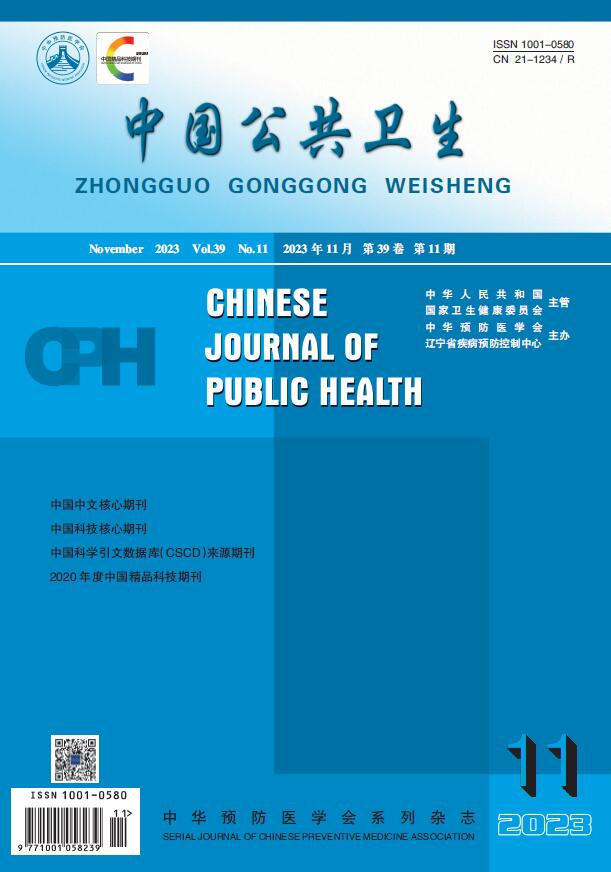Demographic and Family Factors Affecting Nutritional Knowledge, Attitudes, and Behaviors of Adolescents in Taiwan
引用次数: 0
Abstract
Objectives: To understand the current status and factors related to nutritional knowledge, attitudes, and behaviors among high school students in Taiwan. Methods: A cross-sectional study was carried out using nationally representative subjects from Taiwan. Questionnaires assessing knowledge, attitudes, and behaviors regarding food and nutrition were administered to 2777 students in grades eight and eleven. The students were obtained from fifteen junior high schools, six senior high schools, six vocational schools, and four five-year colleges using a multistage-stratified sampling method. Descriptive analysis, Pearson correlation, and linear regression were used to analyze the data. Results: The correct or positive response rates for nutritional knowledge, attitude, and behavior scales were 49.7%, 69.0%, and 56.5%, respectively. More than half of the adolescents expected to be thin and had tried to lose weight. 88.7% of the adolescents surveyed had never attended a food or nutrition-related course. These students scored significantly lower in nutritional knowledge, held less positive attitudes, and performed worse on the behavior scale than those who had attended nutrition-related courses. The influence of family factors on nutritional knowledge, attitudes, and behaviors among Taiwanese adolescents was as important as demographic variables. Grade, metropolitan area (vs. rural townships), parental control, family communication, and attitude were found to be direct and modest determinants of nutritional behavior in this study. Sex, BMI, and parents’ SES were related with attitudes that predict behavior. Conclusions: Nutrition-related courses designed to improve dietary behaviors of adolescents should emphasize attitudes throughout the school system. In addition, families should take a more active role in improving their relations with children.人口与家庭因素对青少年营养知识、态度与行为之影响
目的:了解台湾高中生营养知识、态度及行为的现况及相关因素。方法:采用台湾地区具有全国代表性的研究对象进行横断面研究。对2777名8年级和11年级的学生进行了关于食物和营养知识、态度和行为的问卷调查。采用多阶段分层抽样方法,从15所初中、6所高中、6所职业学校和4所五年制大学中抽取学生。采用描述性分析、Pearson相关分析和线性回归分析资料。结果:营养知识、态度和行为量表的正确率为49.7%,正确率为69.0%,正确率为56.5%。超过一半的青少年希望变瘦,并试图减肥。88.7%的受访青少年从未参加过食品或营养相关课程。与参加过营养相关课程的学生相比,这些学生在营养知识方面的得分明显较低,态度也不那么积极,在行为方面的表现也更差。家庭因素对台湾青少年营养知识、态度和行为的影响与人口统计变量同等重要。在本研究中,年级、大都市地区(相对于农村乡镇)、父母控制、家庭沟通和态度被发现是营养行为的直接和适度的决定因素。性别、身体质量指数和父母的社会经济地位与预测行为的态度有关。结论:旨在改善青少年饮食行为的营养相关课程应强调整个学校系统的态度。此外,家庭应该在改善与孩子的关系方面发挥更积极的作用。
本文章由计算机程序翻译,如有差异,请以英文原文为准。
求助全文
约1分钟内获得全文
求助全文

 求助内容:
求助内容: 应助结果提醒方式:
应助结果提醒方式:


